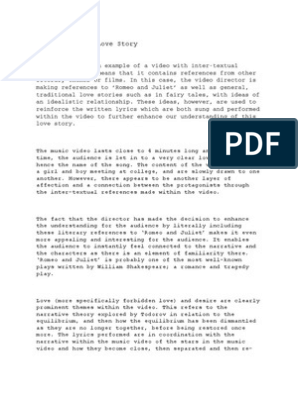0% found this document useful (0 votes)
82 views2 pages"Old Man & Kite Runner: Past Regrets"
This document compares and contrasts the novels "The Old Man and the Sea" by Ernest Hemingway and "The Kite Runner" by Khaled Hosseini. Both novels highlight the inability to change the past and the need to accept it. "The Old Man and the Sea" is about an experienced fisherman's battle to catch a giant marlin after a long unlucky streak. "The Kite Runner" explores how one moment of betrayal has haunted the protagonist Amir for decades and drives him to seek redemption. While both deal with coming to terms with the past, Santiago cannot accept his inability to change it, whereas Amir accepts his past and focuses on the present. The genres also differ, with "
Uploaded by
Ana-Maria AlexandruCopyright
© © All Rights Reserved
We take content rights seriously. If you suspect this is your content, claim it here.
Available Formats
Download as DOCX, PDF, TXT or read online on Scribd
0% found this document useful (0 votes)
82 views2 pages"Old Man & Kite Runner: Past Regrets"
This document compares and contrasts the novels "The Old Man and the Sea" by Ernest Hemingway and "The Kite Runner" by Khaled Hosseini. Both novels highlight the inability to change the past and the need to accept it. "The Old Man and the Sea" is about an experienced fisherman's battle to catch a giant marlin after a long unlucky streak. "The Kite Runner" explores how one moment of betrayal has haunted the protagonist Amir for decades and drives him to seek redemption. While both deal with coming to terms with the past, Santiago cannot accept his inability to change it, whereas Amir accepts his past and focuses on the present. The genres also differ, with "
Uploaded by
Ana-Maria AlexandruCopyright
© © All Rights Reserved
We take content rights seriously. If you suspect this is your content, claim it here.
Available Formats
Download as DOCX, PDF, TXT or read online on Scribd
/ 2
































































































